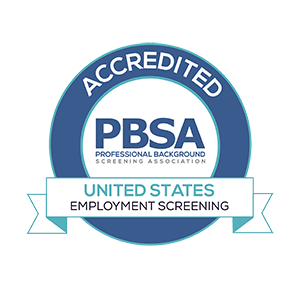Often, employers use employment verification to check worker eligibility, history, and other basic information. More in-depth verification, like checking for a non-compete clause in the employee’s work history, may not be considered. After all, non-compete clauses have historically been the realm of high-skill jobs; if you’re hiring a camp counselor or hair stylist, you don’t need to worry about it, right?
Wrong. Non-compete clauses are on the rise, and they’re spreading to more industries than ever before. As reported by the New York Times, even entry-level jobs are no longer safe – and the employees are often unaware of the non-compete clauses they signed. This causes problems for both the employees who unknowingly sign these clauses and the employers who hire them without a thorough employment verification.
Even when employees are aware of non-compete clauses, they often make assumptions about whether or not a non-compete clause applies to them. For example, a hair stylist knowingly violated his non-compete clause because he thought it wouldn’t apply to him after he had been fired. He immediately went to work for a nearby salon, who failed to perform proper employment verification. When he was later ordered by a judge to stop working, he lost his job and the salon lost its new employee.
So, do you need to check for non-compete clauses when doing employment verification? A lot of it depends not on your industry or what jobs you’re hiring for, but which state your business is located in. The following states either ban or severely limit non-compete agreements:
- California
- North Dakota
- Oklahoma
- Montana
Other states partially limit non-compete clauses, such as restricting them to certain municipalities, certain lengths, or certain types of jobs:
- Colorado
- Louisiana
- South Dakota
Other states are generally accepting of non-compete clauses, though the laws and enforcement varies by state.
Failing to perform thorough employment verification could lead to tangles with the law when your employee’s last employer decides to enforce a non-compete clause. If you’re not sure whether you should include checking for non-compete clauses when doing employment verification, please contact us for more information.


Having employee validation helps to ensure that you have a qualified employee that you have just signed on with you. Failure to do so would cause problems with employees that have non-compete clauses that otherwise are perfect fits for the job. I’d be curious now to see if I have a non-compete clause in the position that I am currently working.